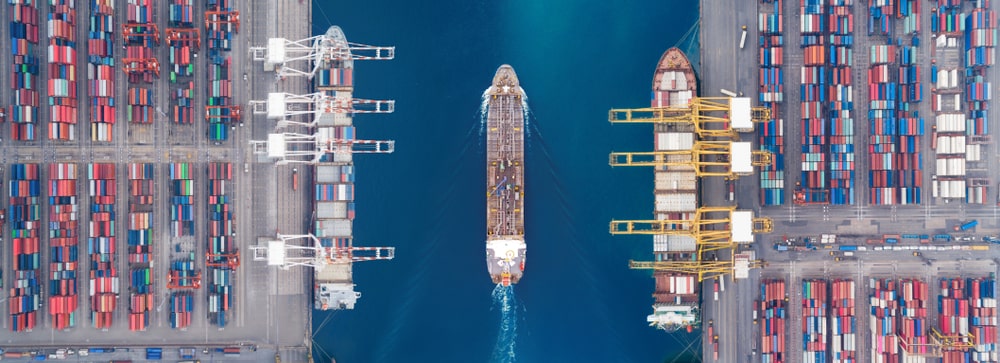
World’s advanced economies at risk of GDP loss, if they proceed too quickly with reshoring
Many of the world’s advanced economies, including the UK, Canada, France and Germany, could lose up to 12% of their GDP, if they proceed too quickly with reshoring their supply chains, warned the OECD.
The OECD’s Supply Chain Resilience Review, warned that aggressive reshoring of supply chains across the global economy could decrease global trade by 18%.
“In the past, we perhaps underestimated the risk of over-dependency on a single trade partner, but swinging too far towards localising and avoiding international trade would be another mistake, leaving us exposed to domestic shocks and huge inefficiencies”, said Marion Jansen, Head of the OECD’s Trade and Agricultural Directorate, speaking to the Financial Times.
The report was based on extensive econometric modelling by the OECD to assess the impact of re-localisation, defined as imposing higher import tariffs, using subsidies to encourage domestic production and imposing restrictions on sourcing inputs from certain countries.
UK, France, Canada and Germany were highlighted as the nations most exposed to supply chain shocks. Meanwhile, nations that relied more on domestic production, such as the United States, China and Brazil, were relatively less exposed.
Also, the report highlighted the rise of China over the last 25 years to become the manufacturing powerhouse that it is, dominating in the advanced manufacturing sectors of cars, pharmaceuticals, lifts and machine parts.
With more OECD countries and regions become vastly dependent on China, a growing trend since the mid-1990s, the balance of trade has shifted from West to East.
Yet, the report indicated that supply chain localisation, despite the rhetoric, does not necessarily make countries more resilient to external shocks, with half of the economies still vulnerable to the same booms and busts, than if they continued with interconnected global supply chains.
Rather as the report argued, “openness and geographical diversification” offered greater options for adjusting to disruptions than aggressive reshoring.